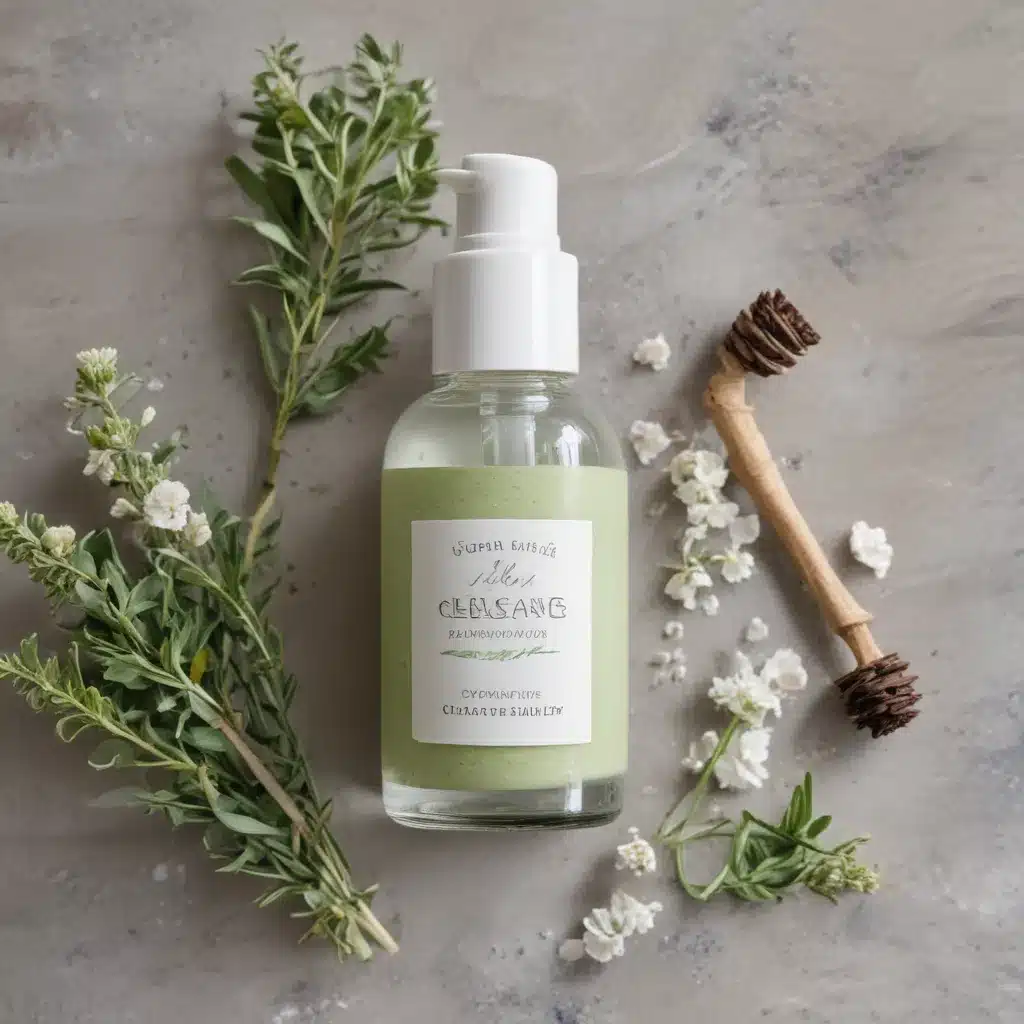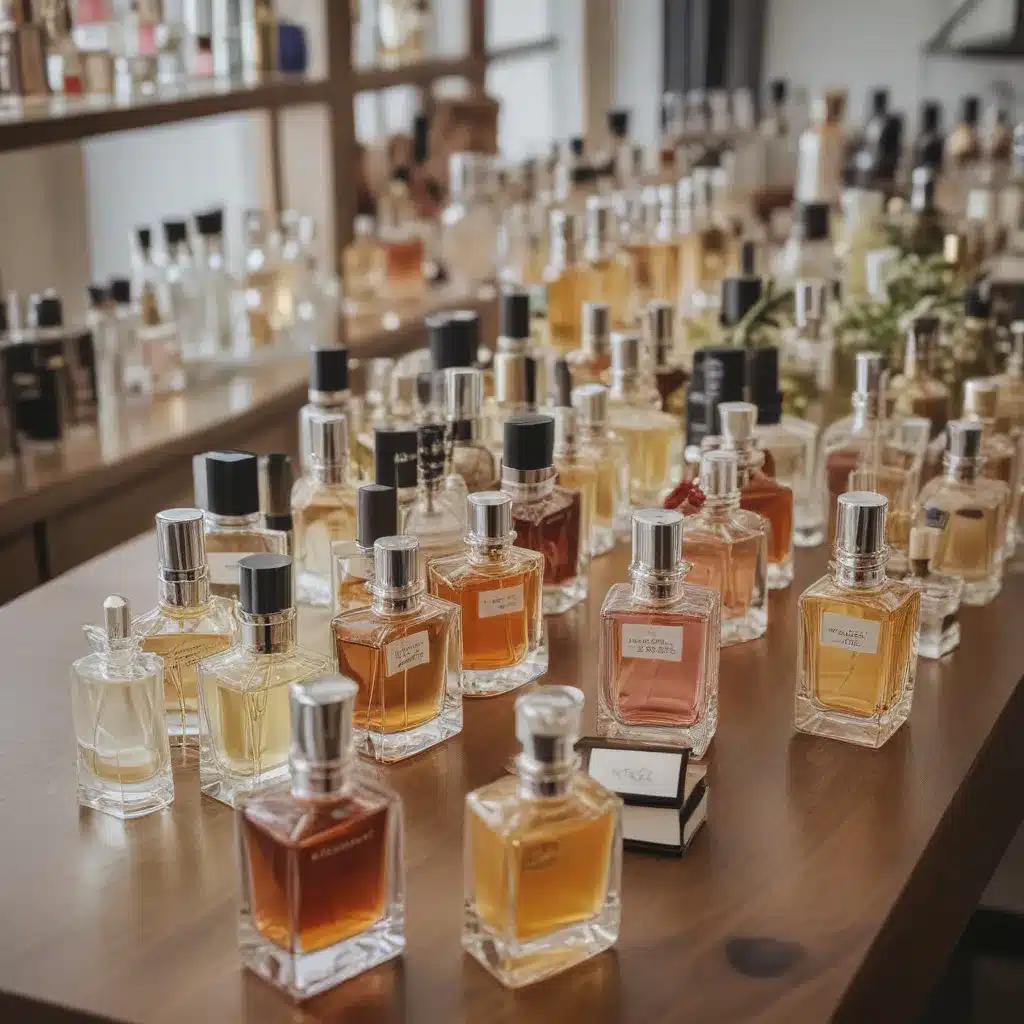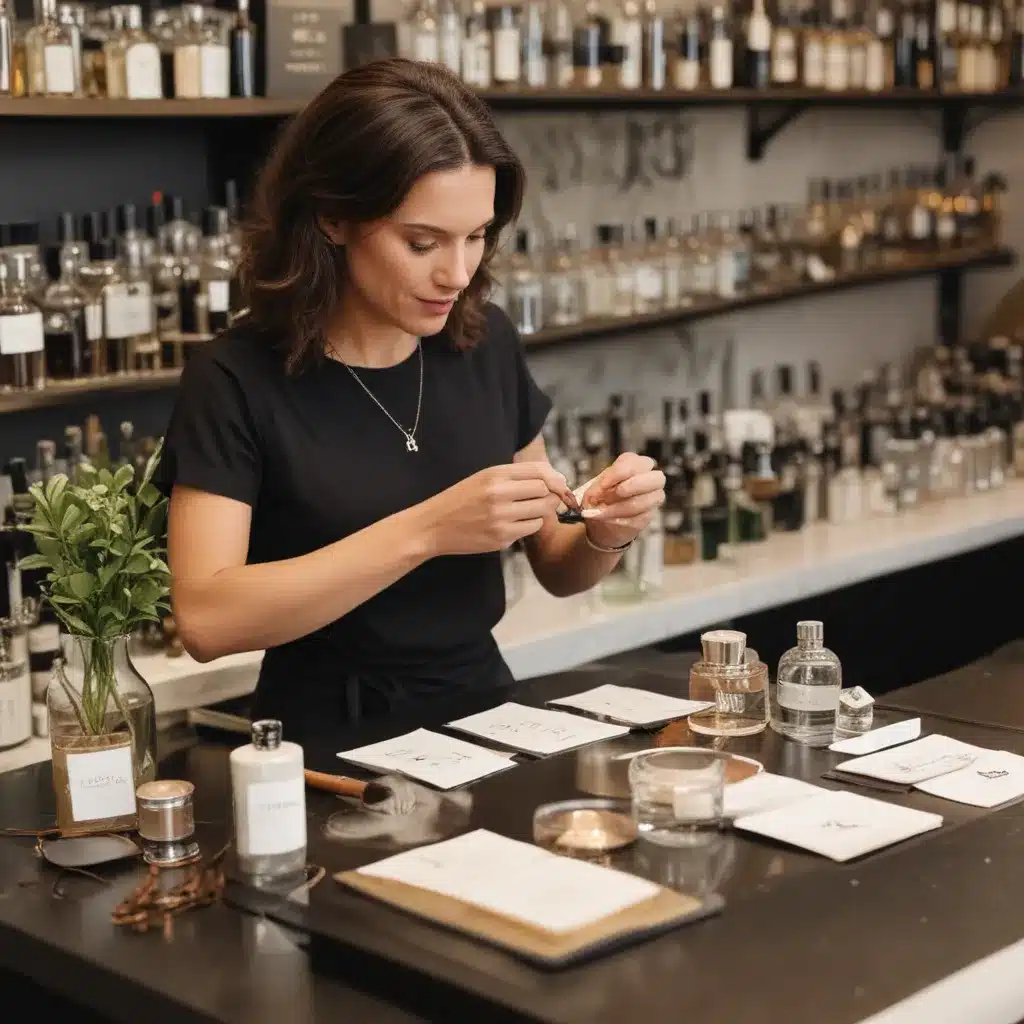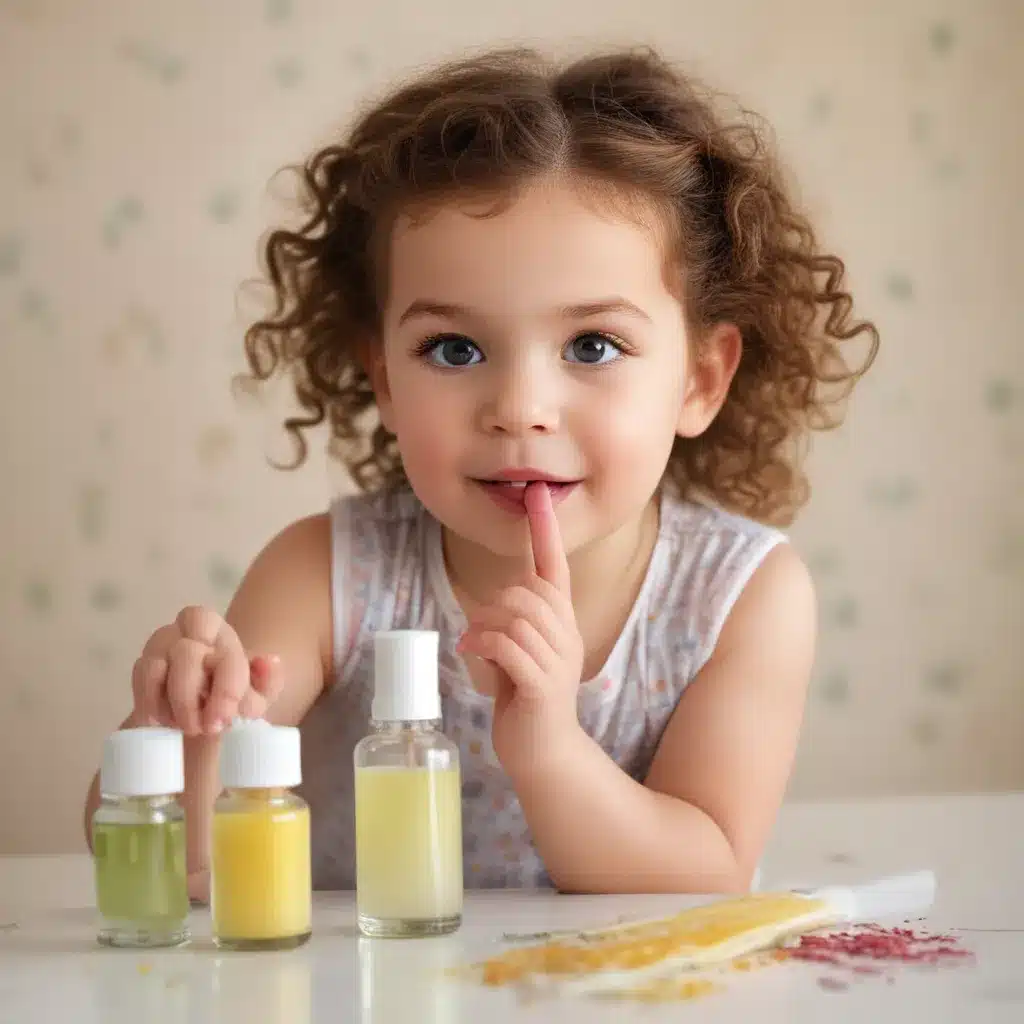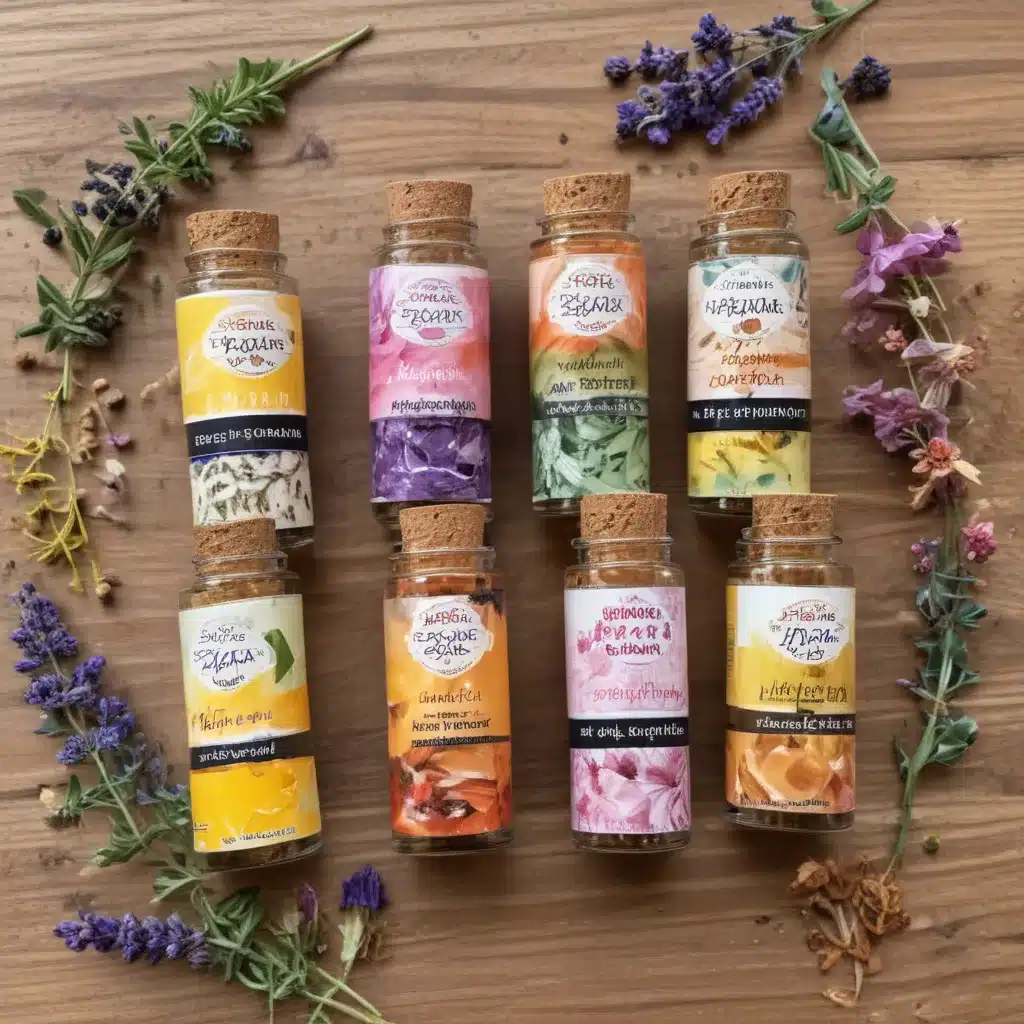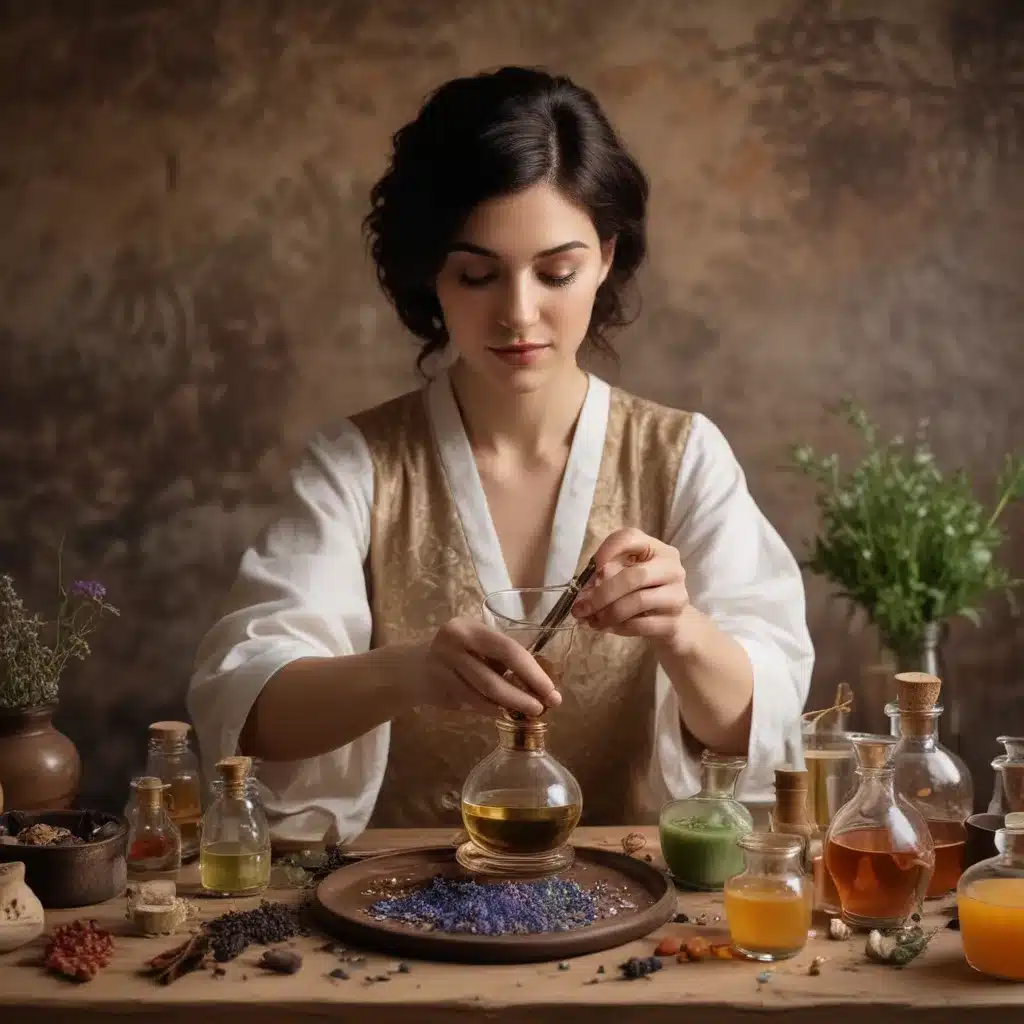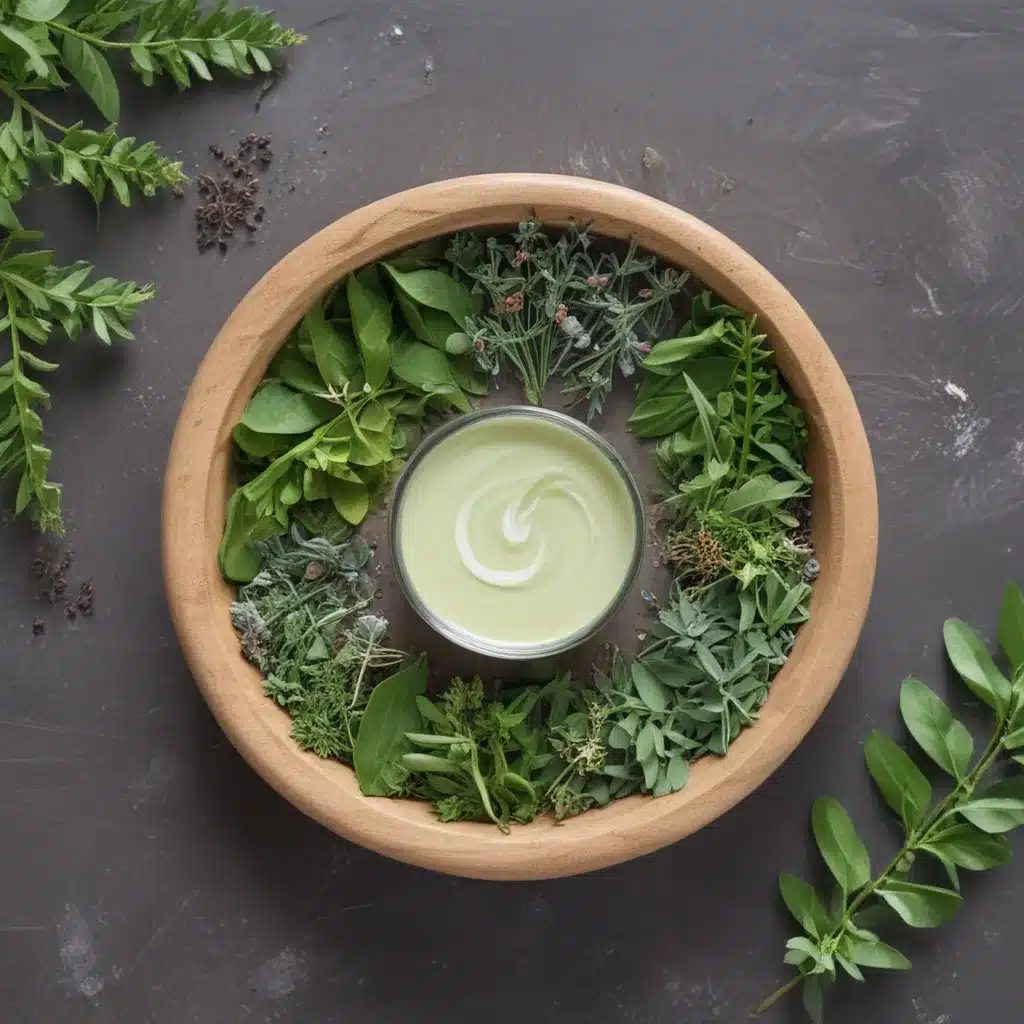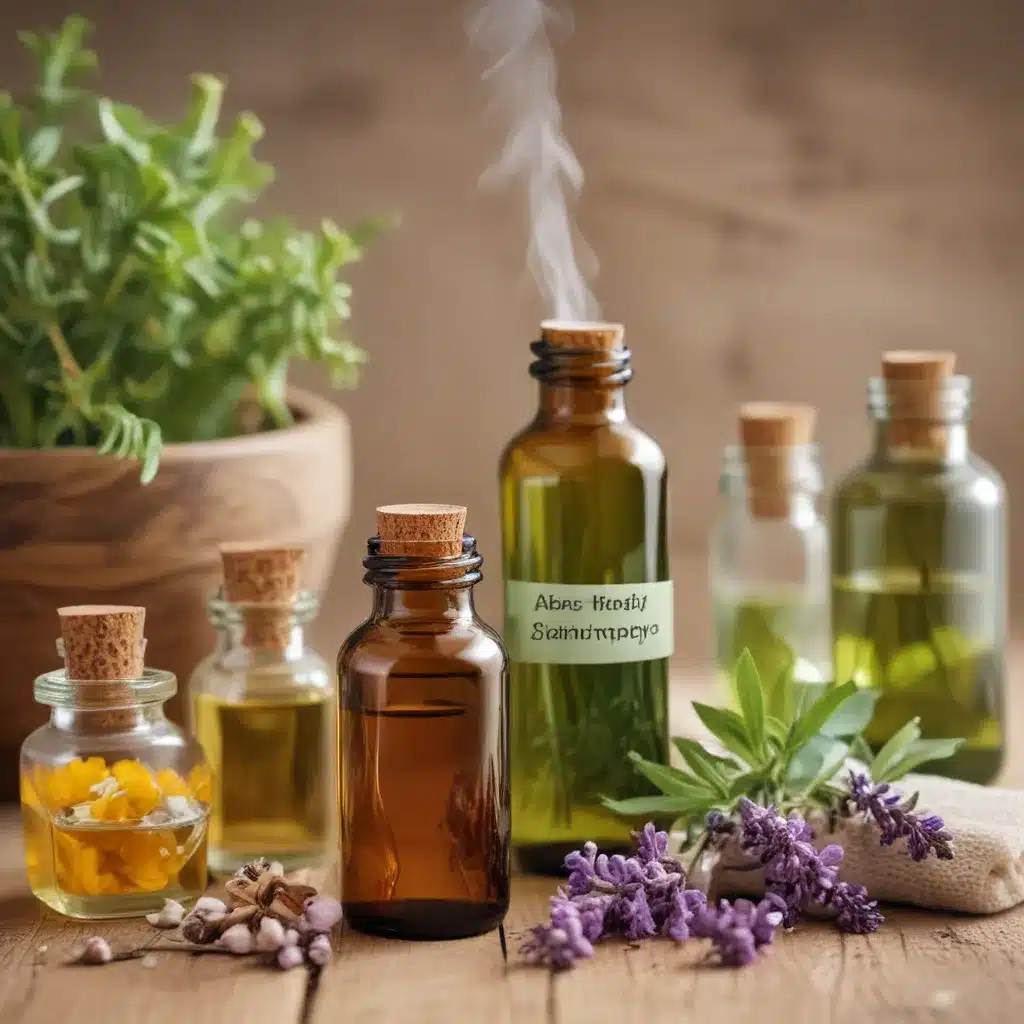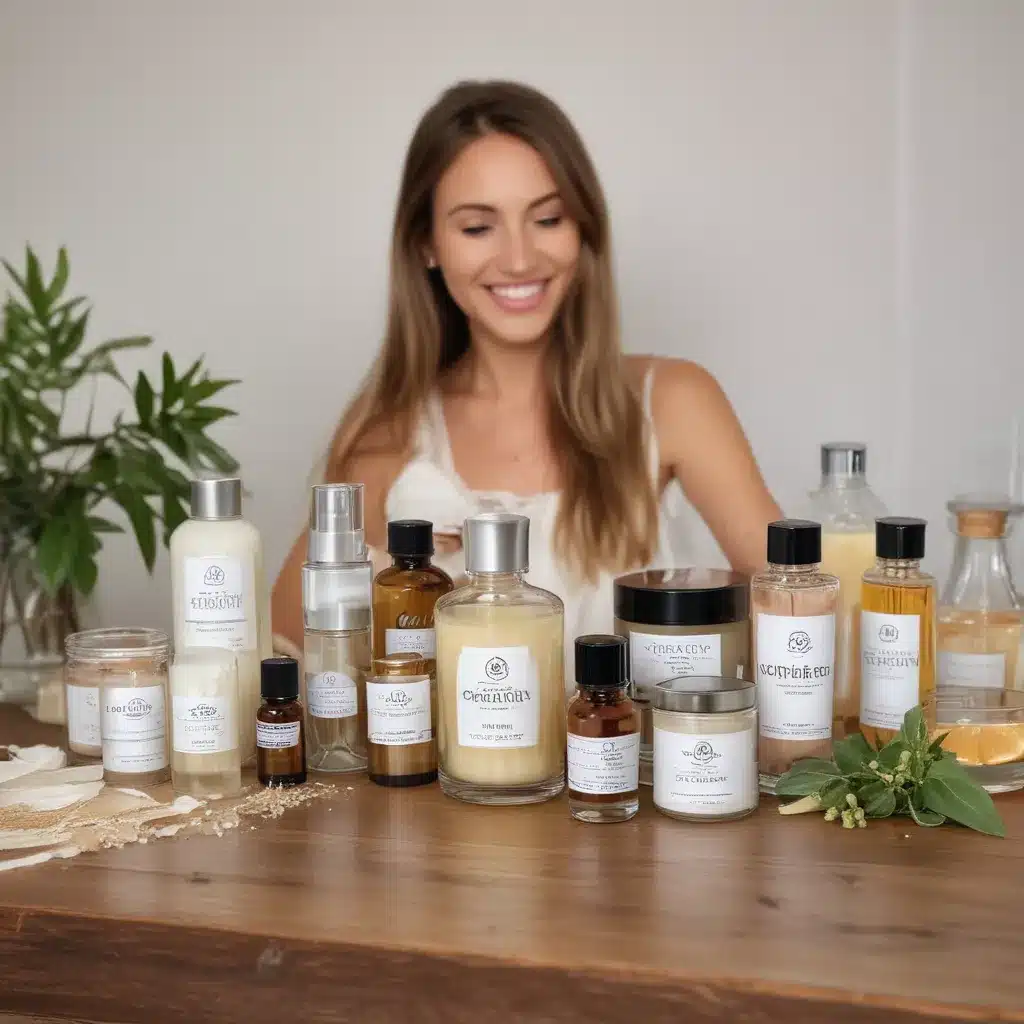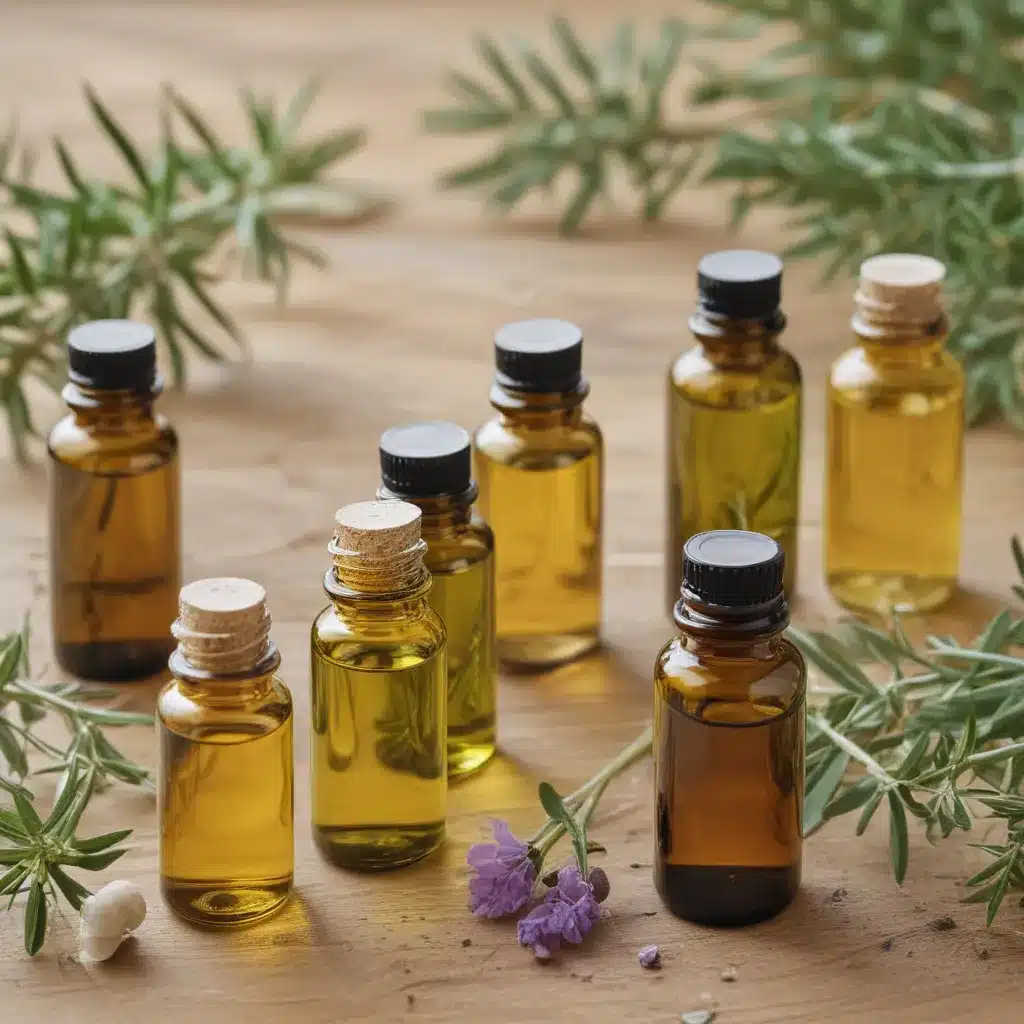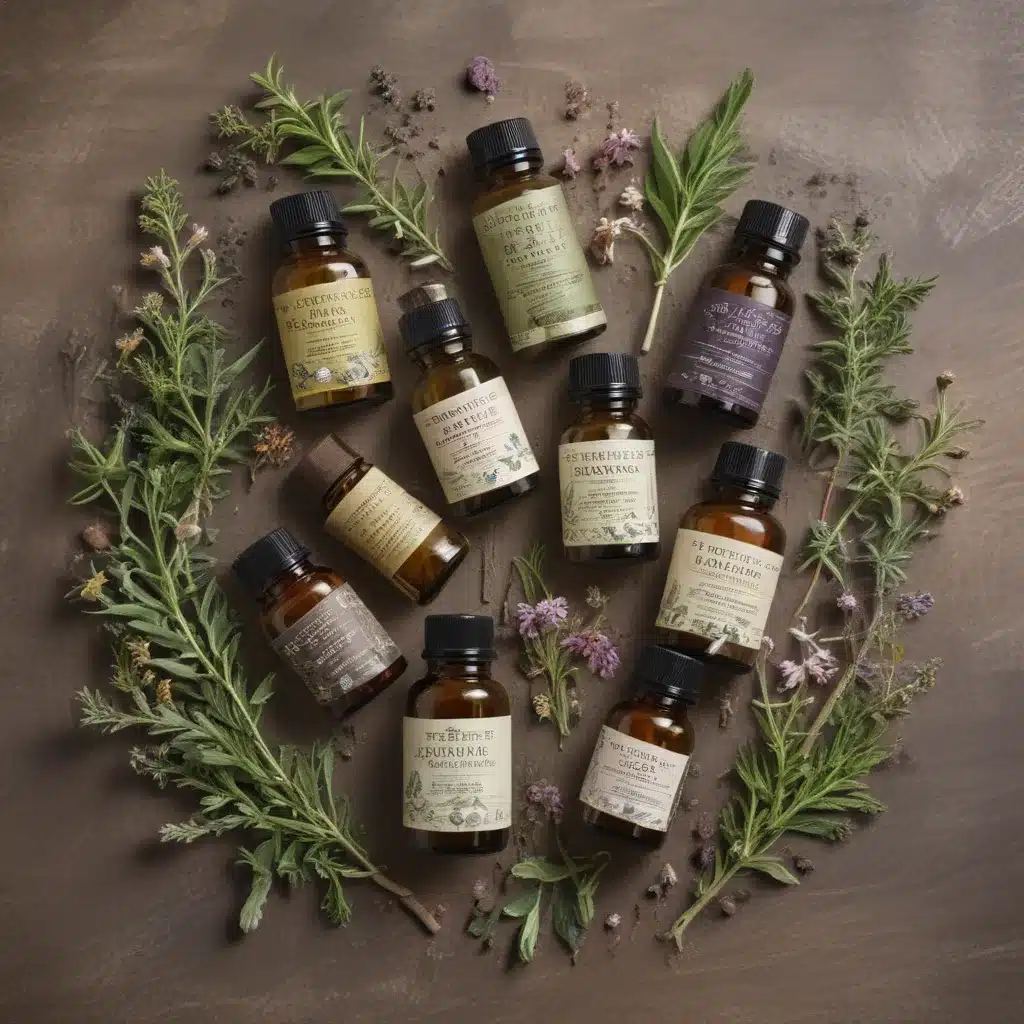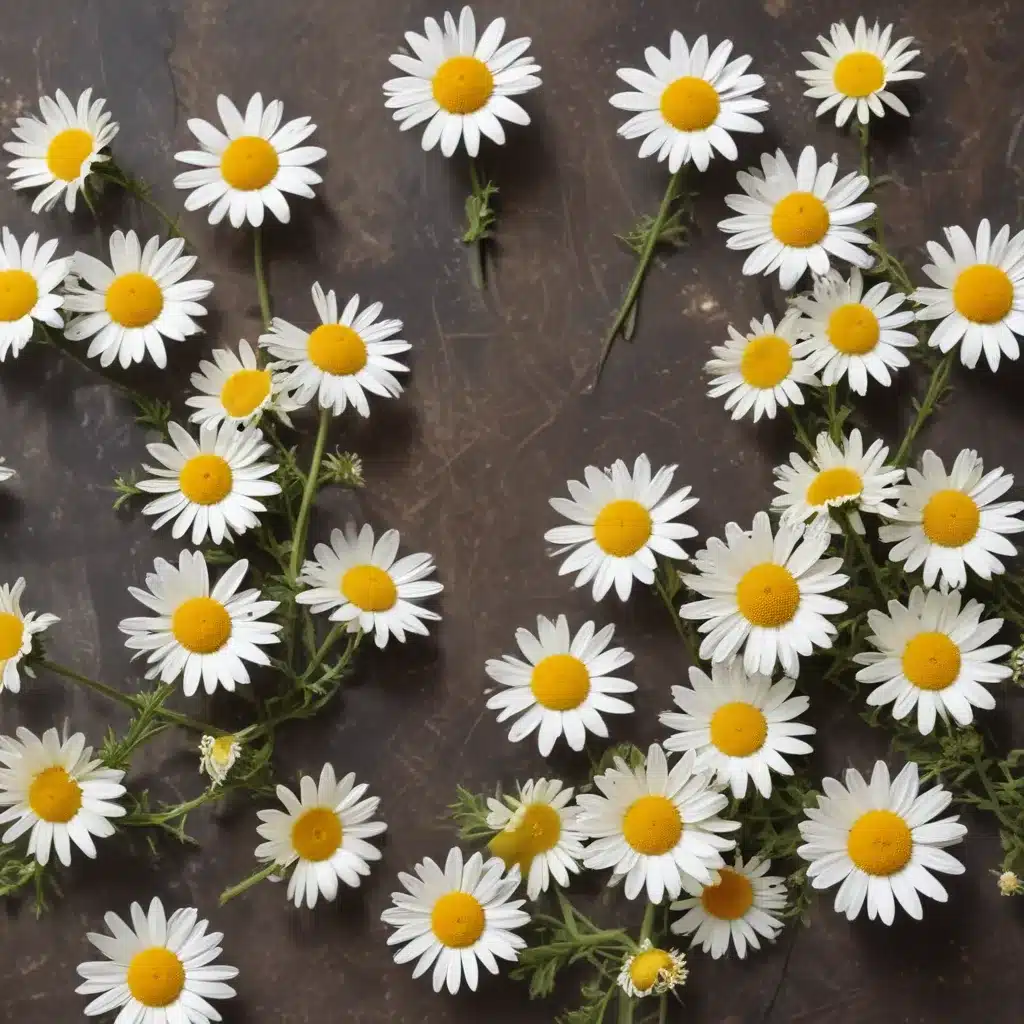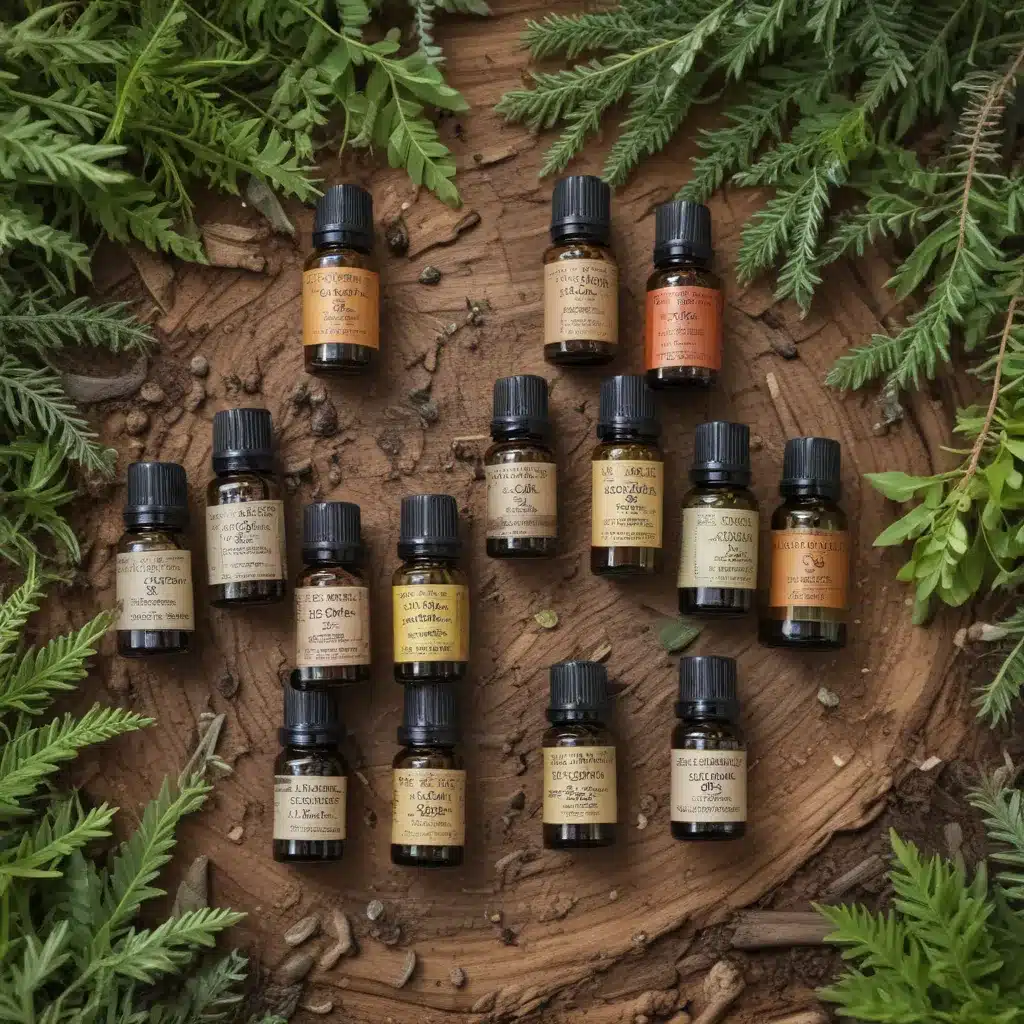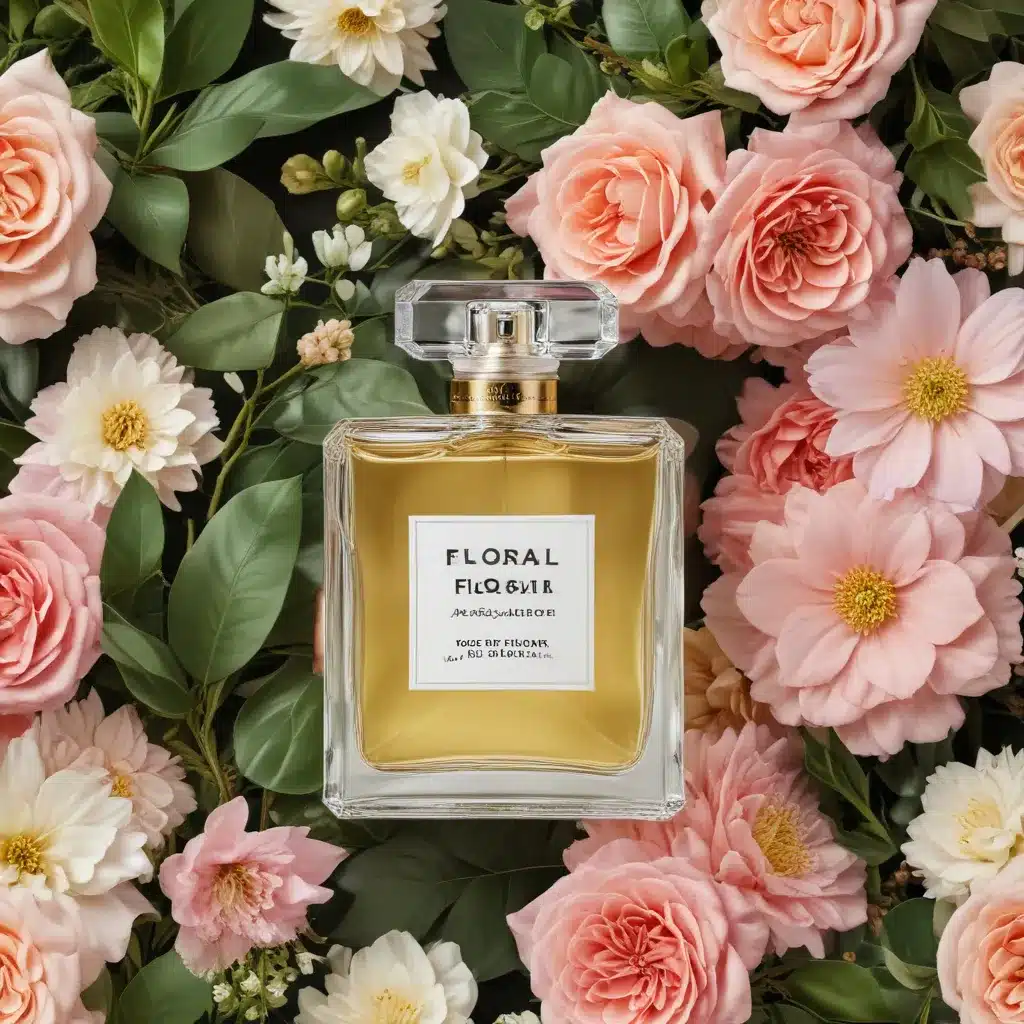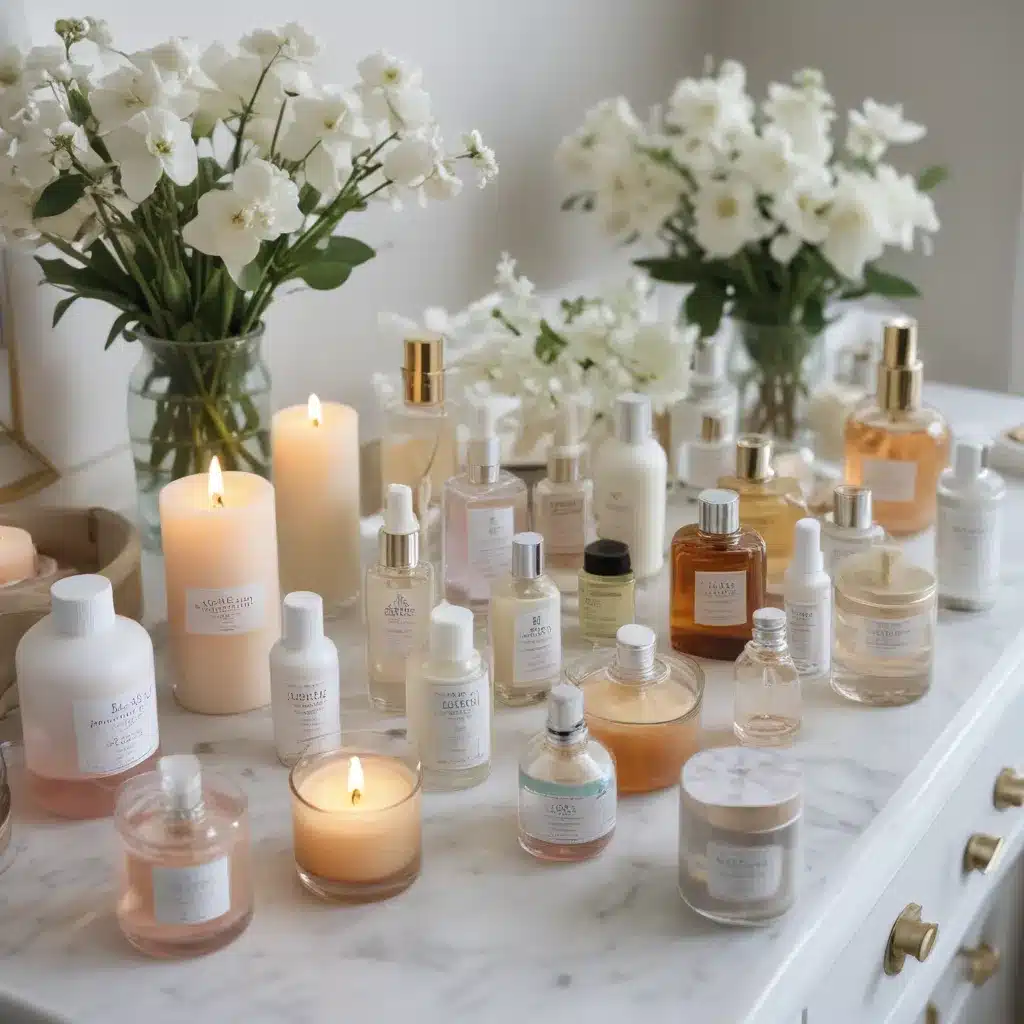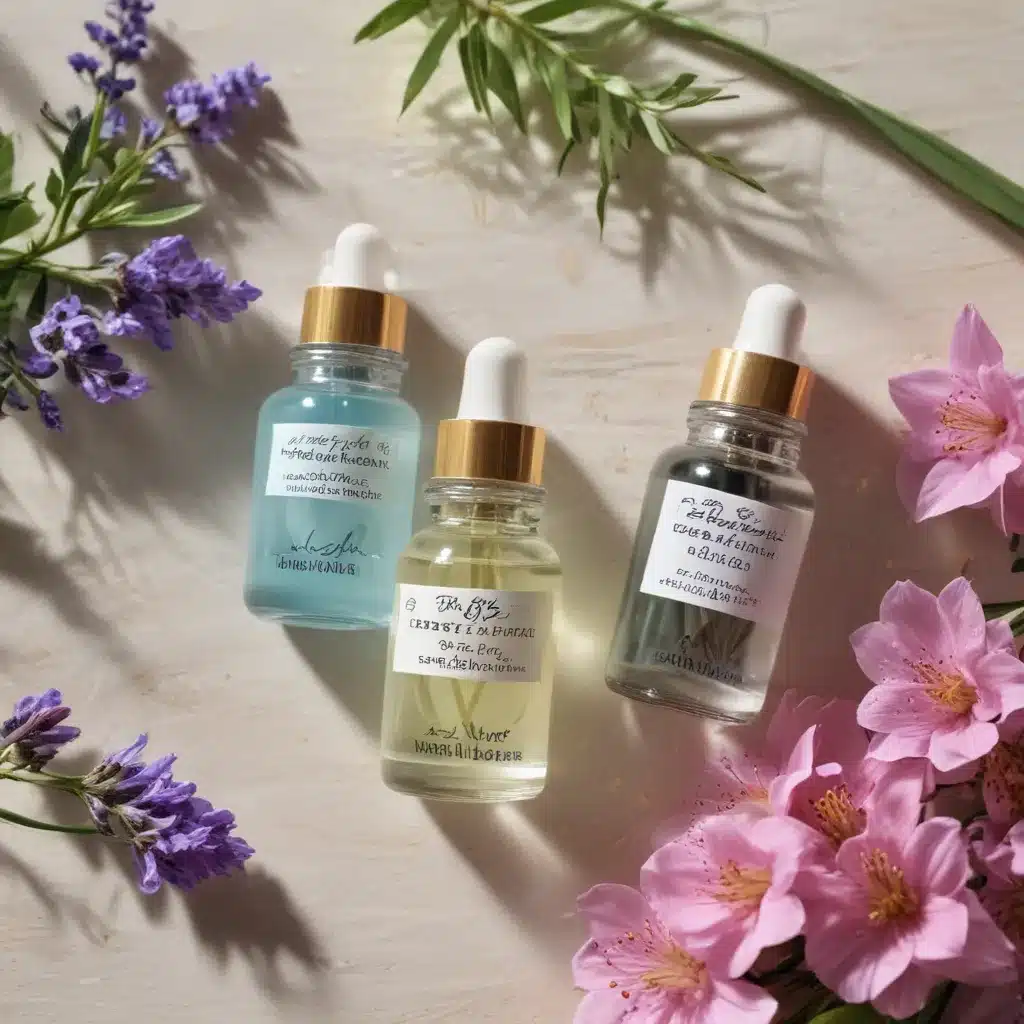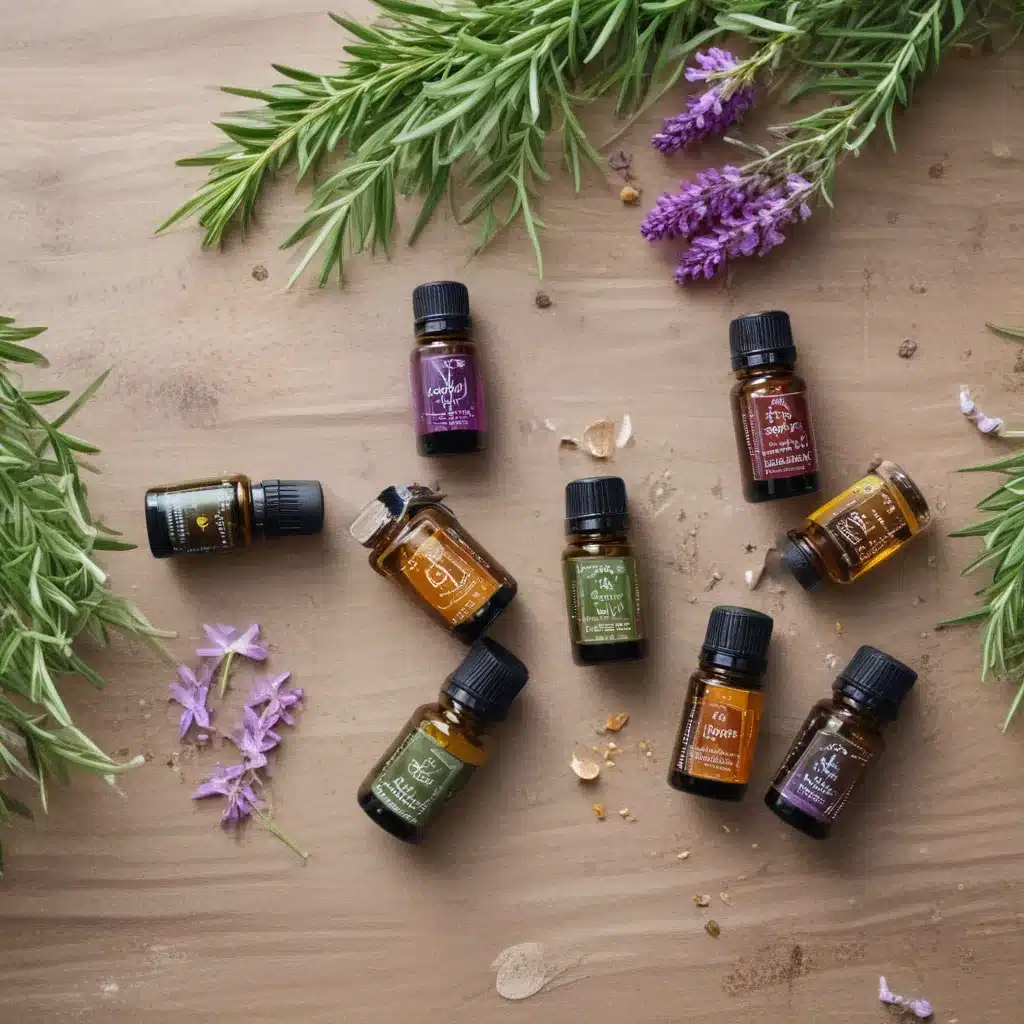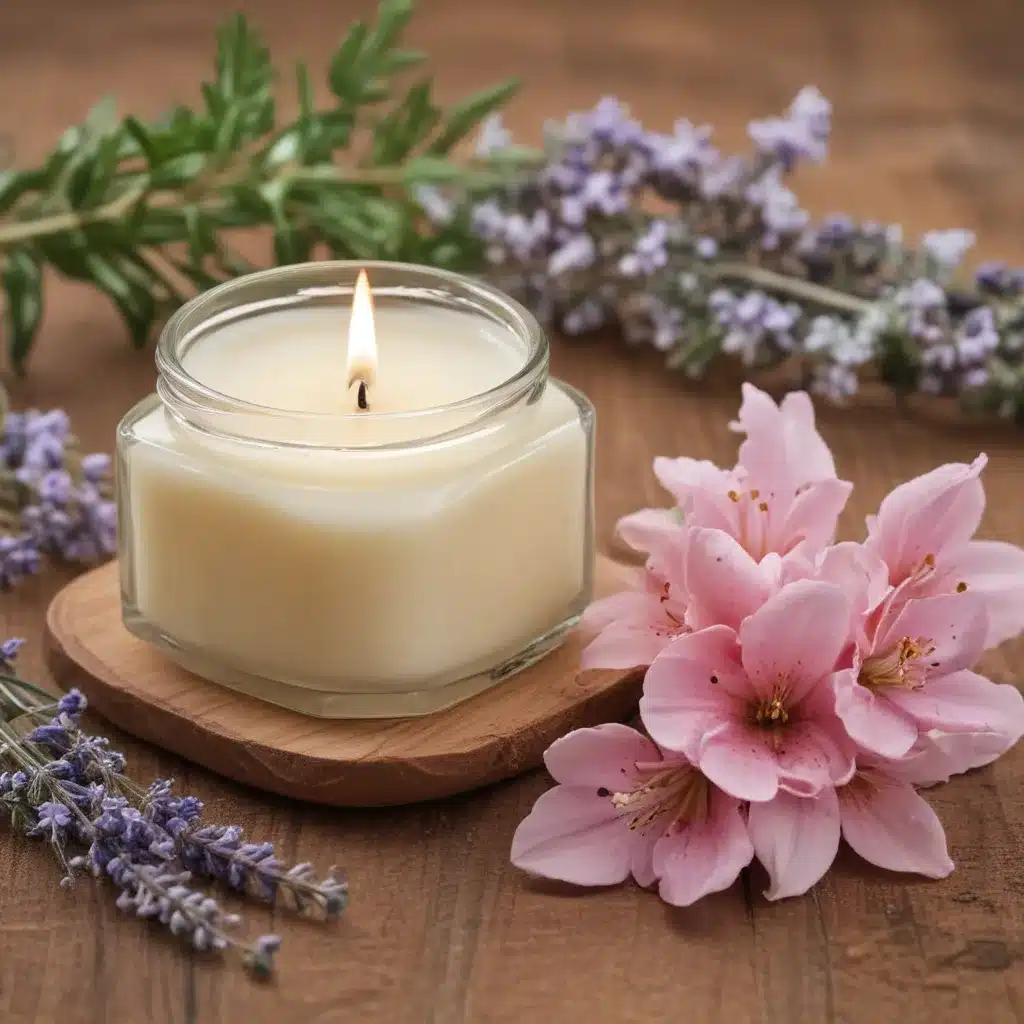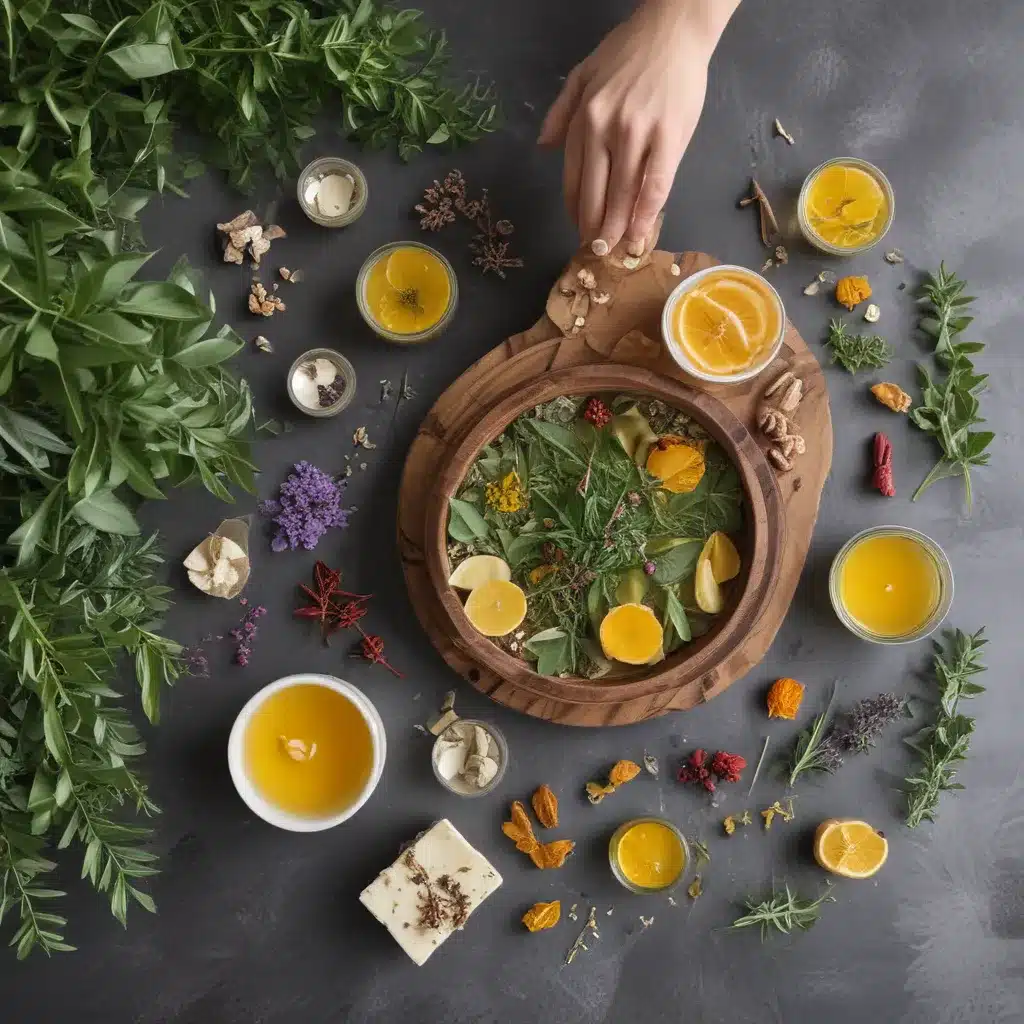
What is Aromatherapy?
Aromatherapy is a form of alternative medicine that uses plant-derived aromatic compounds from flowers, plants, herbs or other botanicals and specific essential oils extracted from them to support health and well-being. The key therapeutic materials in aromatherapy include essential oils extracted from plants through such techniques as distillation, cold pressing, or enfleurage. In aromatherapy, essential oils are used because they contain the fragrant essence of the plant from which they are derived.
How does Aromatherapy work?
Aromatherapy is believed to work through olfaction (the sense of smell) and on skin contact. When essential oils are inhaled through the nose and come into contact with the skin, molecules enter the bloodstream and stimulate the brain’s limbic system, which controls emotions, memory, and autonomic functions such as breathing and heartbeat. This stimulation is believed to promote a sense of health and well-being. Essential oils used in aromatherapy are also thought to have antimicrobial and other biological properties that can boost the immune system and support the body’s natural self-healing and regulatory processes. In addition, essential oils are inhaled, where they stimulate regions of the brain associated with emotion and stress response.
What benefits can be gained from aromatherapy?
I have found aromatherapy to be beneficial for stress relief, pain management, and improved mood and sleep. Some key benefits I have experienced include:
-
Stress relief: Essential oils such as lavender, frankincense, bergamot, and ylang ylang have calming and relaxing properties that can help reduce feelings of stress, anxiety, andtension.
-
Pain management: Essential oils like peppermint, eucalyptus, marjoram, and Roman chamomile contain compounds that interact with neurotransmitters to moderate the brain’s perception of pain. Using aromatherapy topically or through aromatic diffusion can help relieve headaches and minor pains.
-
Improved mood: The evocative aromas of essential oils stimulate various regions of the brain to promote feelings of upliftment and well-being. Oils such as bergamot, grapefruit, and sweet orange have mood-boosting qualities.
-
Better sleep: Inhaling calming essential oils like lavender and frankincense before bed helps settle the mind and body for a more restful night’s sleep. Insomnia and restless sleep can be alleviated with aromatherapy.
-
Enhanced immunity: Certain essential oils like tea tree, clove, cinnamon, and oregano contain antibacterial, antiviral, and anti-inflammatory properties that support the immune system’s natural defense against pathogens and illness.
How can aromatherapy be used?
There are several methods for using essential oils:
Aromatic diffusion: By using an aromatherapy diffuser, essential oils can be dispersed into the air to be inhaled like a gentle scent or fragrance. This is one of the most popular methods as it permeates a room to lift one’s mood. Diffusers are used for air purification, relaxation, and wellness benefits.
Direct inhalation: Simply inhaling the aroma directly from the essential oil bottle can calm and activate certain regions of the brain for reduced stress and enhanced focus. However, I only recommend this for one or two essential oils at a time.
Massage: By applying 2-3 drops of diluted essential oil to the body, aromatherapy massage stimulates both the sense of smell and skin’s sensory receptors for deep relaxation and pain relief. The soothing touch counters physical and emotional tension.
Bathing: Adding 5-10 drops of essential oil to a warm bath provides the benefits of absorption through the porous skin and aromatic inhalation in the steamy air for whole-body wellness. This is an especially calming method before bed.
Compress or gel: For aching muscles, I like using cold compresses with added aromatherapy oils or an essential oil gel for targeted pain relief and reduction of inflammation. The cooling sensation is very rejuvenating.
How do I choose which essential oils to use?
When selecting essential oils for aromatherapy, consider your desired therapeutic benefits and any contraindications due to existing health conditions. Refer to reference materials about each oil’s unique properties and safest applications. Always opt for 100% pure, therapeutic-grade essential oils from a reputable supplier as others may contain additives or low-quality diluents. Commonly used essential oils that I have found to be beneficial and versatile for overall wellness include:
| Essential Oil | Benefits | Uses |
|---|---|---|
| Lavender | Calming, soothing, relaxing | Sleep, stress, mild pain |
| Peppermint | Uplifting, clarifying, refreshing | Mental focus, fatigue, headaches |
| Eucalyptus | Invigorating, decongesting | Respiratory issues, physical exertion |
| Geranium | Balancing, harmonizing, anti-inflammatory | Emotional support, skin conditions |
| Tea Tree | Antimicrobial, immune boosting | Minor wound care, oral hygiene |
| Frankincense | Centering, meditative, grounding | Spiritual practice, anxiety |
Always do a skin patch test first and dilute the essential oil in a carrier oil before applying to the skin. Remember that less is more – one or two drops per application is usually sufficient. Consult an aromatherapy expert if needed.
What precautions should I take with aromatherapy?
While aromatherapy is quite safe when used properly, there are a few precautions worth noting:
-
Certain essential oils are phototoxic and can cause skin sensitivity to the sun when exposed immediately after topical application. Always avoid direct sunlight for 12 hours following use of bergamot, lemon, grapefruit, and other citrus oils.
-
Pregnant women should only use dilute amounts of essential oils that are generally recognized as safe, such as lavender, bergamot, geranium and tea tree, and avoid oregano, thyme, cinnamon, cassia, pennyroyal and others without expert guidance.
-
Keep essential oils out of reach of children and pets as some components can pose toxicity risks if ingested. Store bottles with childproof caps.
-
Perform a patch test on the inner arm before full use in case of rare allergic reactions like dermatitis.
-
Exercise caution with certain health conditions such as seizure disorders as some oils’ stimulating effects could trigger episodes. Always consult a qualified practitioner.
-
Avoid direct inhalation of oils in their full strength as some may cause respiratory irritation. Dilute in a carrier oil or use of aromatherapy diffuser is safer.
-
Use quality essential oils from reputable suppliers as unadulterated oils are safest. Check the expiration date and store properly.
With knowledge and care, aromatherapy can be incorporated safely as part of an integrated health routine for boosting wellness and quality of life. Always remember that less is more when using essential oils and consult experts when needed.


